

What is In CBD Oil Ingredients?
CBD oil is the most popular and most widely used CBD product. Despite its fame and vast applications, there are still many myths surrounding CBD oil, mainly because most people don't know how CBD oil is made and what ingredients are used in the products.
Even for CBD lovers, shedding light on the composition of CBD oil will not only lift the cloud of mystery but also provide valuable information on what to look out for in the best quality CBD oils on the market. Here is a look at the ingredients you should expect to see in your CBD oil.
CBD
CBD is the active and the main ingredient in CBD oil. Without CBD, the product just becomes oil. The CBD used in CBD oil tinctures is extracted from high-quality hemp plants of particular strains that have a high CBD yield with minimal THC.
Why not also read: What Does CBD Stand For?
The CBD in CBD oil gives the tincture its vast benefits. In some tinctures, the CBD is first processed into an isolate that only has CBD, and in others, the CBD is either full spectrum or broad spectrum.
In full-spectrum, the CBD will also contain some trace amounts of THC, but these are within the legally allowed quantities of 0.02% in the UK, while broad-spectrum has various cannabinoids and terpenes but without the THC.
Cannabinoids
Besides CBD, CBD oils with that entourage effect will have other cannabinoids and terpenes. These include:
-
Cannabichromene (CBC)
CBC is one of the cannabinoids attributed to the regulation of body temperature. It is commonly added to CBD oil for its numerous benefits, especially among women who experience menopausal hot flashes.
-
Tetrahydrocannabivarin (THCV)
THCV is a close cousin to THC, the component that causes a high and has many recreational applications. While THCV has similar benefits to THC, it doesn't have the psychedelic effect, making it an excellent addition to CBD oil. THCV works with other cannabinoids to moderate CBD oil and adds a balance to ensure the molecules don't overpower each other for a balanced and smooth experience.
Why not also read: Is CBD Oil Legal in the UK?
-
Cannabinol (CBN)
Cannabinol is often confused with the primary ingredient in CBD oil, CBD. CBN is a cannabinoid on its own. It is created by oxidising THC. Since it is a by-product of oxidation, you don’t have to worry about the intoxicating effects of THC.
In full-spectrum CBD products, it is possible for the CBN to enter your CBD oil if it sits out for a while and oxidises in the air. Having CBN in your tincture doesn't harm the oil. On the contrary, it adds a few more benefits.
-
Cannabigerol (CBG)
Another Cannabinoid you're likely to find in broad-spectrum, and full-spectrum CBD products is CBG. CBG is the parent molecule from which most cannabinoids exist. It also acts as the glue that holds everything together inside your CBD oil tincture.
Carrier Oils
Career oils are an integral part of CBD oils. They are plant or nut-based oils used to help the body absorb and process CBD. Their job is to carry and deliver the CBD to the tissues in the body. There are different types of carrier oils used in different tinctures:
-
MCT Oil
Medium-chain triglyceride is the most common carrier oil used to make CBD oil. It is derived from Palm kernel oil or coconut oil. MCT oil is commonly used in premium CBD oil products.
This carrier oil has a thin consistency, and its absorptive qualities make it an ideal CBD carrier oil. MCT oil has smaller molecules that are easier to absorb and process.
-
Olive oil
Olive oil has benefits that reach outside of the kitchen. It fares well as a carrier oil because it is rich in nutrients and antioxidants. But it is thicker than most carrier oil and makes dosing difficult. It's rare to find commercial CBD oils with olive oil as the carrier oil.
-
Hemp seed oil
Hemp seed oil is not the same thing as hemp-derived CBD oil. Hemp seed oil comes from the seeds of the hemp plant. The oil has little to no amounts of cannabinoids or terpenes. However, it makes for a great carrier oil because it is associated with anti-inflammatory properties.
Besides the CBD and carrier oils, some CBD oils also have some flavourings. Usually, these are commercially synthesised flavours that help mask the bitter taste of CBD oil.
-

-
In stockOriginal price £25.00 - Original price £139.99Original price £0.00£25.00 - £139.99£25.00 - £139.99Current price £25.00
Earn 312 reward points
Orange County CBDBrought to you straight from the Sunshine State, Orange County's CBD oil combines full-spectrum, premium cannabinoids with natural terpenes to brin...
View full detailsOriginal price £25.00 - Original price £139.99Original price £0.00£25.00 - £139.99£25.00 - £139.99Current price £25.00Earn 312 reward points
-
Low stockOriginal price £19.99 - Original price £100.00Original price £0.00£19.99 - £100.00£19.99 - £100.00Current price £19.99
Earn 250 reward points
CBD by British CannabisIntroducing the new CBD Cannabis Oil from CBD by British Cannabis. This 100% Cannabis oil has been developed to be the best tasting most premium CB...
View full detailsOriginal price £19.99 - Original price £100.00Original price £0.00£19.99 - £100.00£19.99 - £100.00Current price £19.99Earn 250 reward points
-
In stockOriginal price £25.00 - Original price £25.00Original price £0.00£25.00£25.00 - £25.00Current price £25.00
Earn 312 reward points
CBD FXExperience the natural benefits of CBDfx Hemp Tincture, crafted with high-quality, pure hemp-derived CBD and MCT oil for optimum absorption and e...
View full detailsOriginal price £25.00 - Original price £25.00Original price £0.00£25.00£25.00 - £25.00Current price £25.00Earn 312 reward points
-
In stockOriginal price £19.99 - Original price £19.99Original price £0.00£19.99£19.99 - £19.99Current price £19.99
Earn 250 reward points
CBD FXExperience the natural benefits of CBDfx Hemp Tincture, crafted with high-quality, pure hemp-derived CBD and MCT oil for optimum absorption and ef...
View full detailsOriginal price £19.99 - Original price £19.99Original price £0.00£19.99£19.99 - £19.99Current price £19.99Earn 250 reward points
-
Low stockOriginal price £29.99 - Original price £149.99Original price £29.99 - Original price £149.99Original price £29.99£26.99 - £134.99£26.99 - £134.99Current price £26.99
Earn 337 reward points
Naturecan CBDBroad Spectrum 100% Natural Oil By Naturecan CBD is a high quality broad spectrum CBD oil produced from organically grown US hemp manufactured in t...
View full detailsOriginal price £29.99 - Original price £149.99Original price £29.99 - Original price £149.99Original price £29.99£26.99 - £134.99£26.99 - £134.99Current price £26.99Earn 337 reward points
Save up to 10% -
In stockOriginal price £64.99 - Original price £160.00Original price £0.00£64.99 - £160.00£64.99 - £160.00Current price £64.99
Earn 812 reward points
Supreme CBDSupreme CBD full spectrum oil provides the maximum CBD advantages and is available in three strong variants: 1500mg, 3000mg, and 6000mg. This full ...
View full detailsOriginal price £64.99 - Original price £160.00Original price £0.00£64.99 - £160.00£64.99 - £160.00Current price £64.99Earn 812 reward points







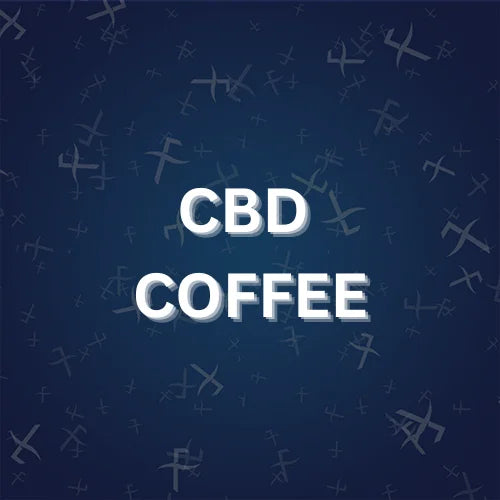


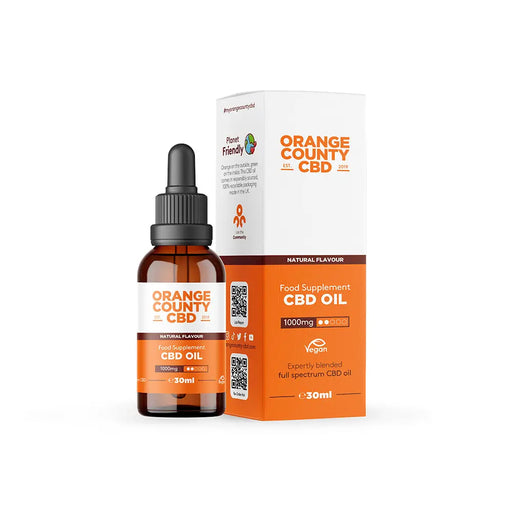
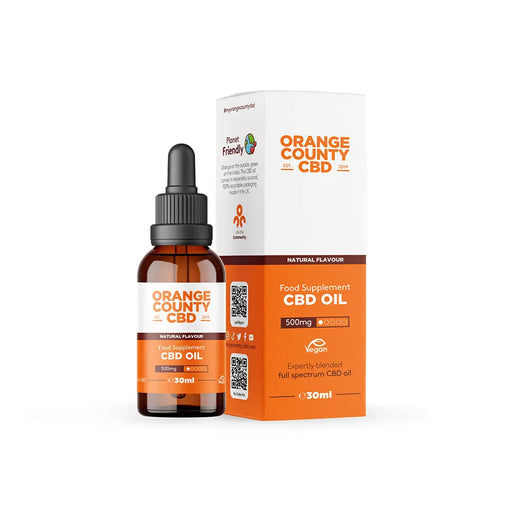
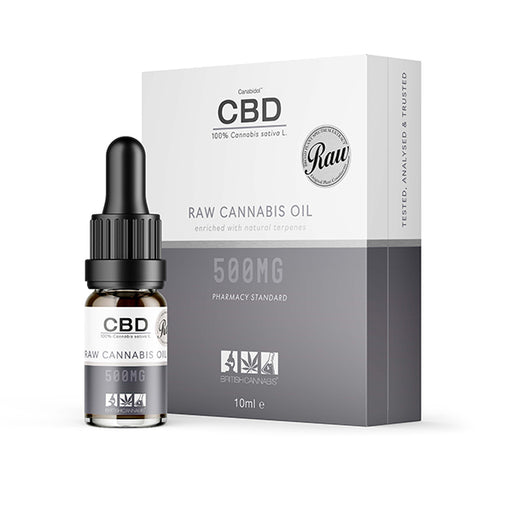
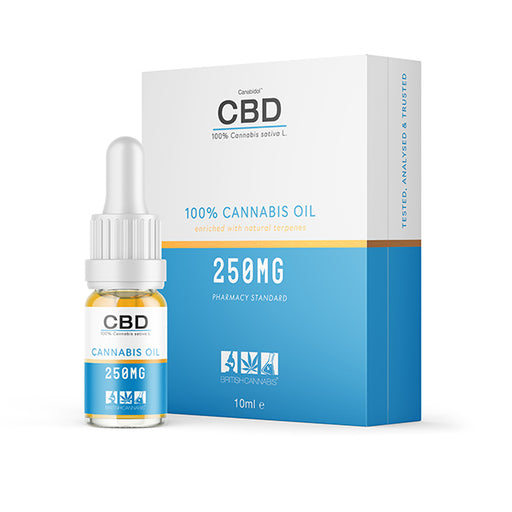


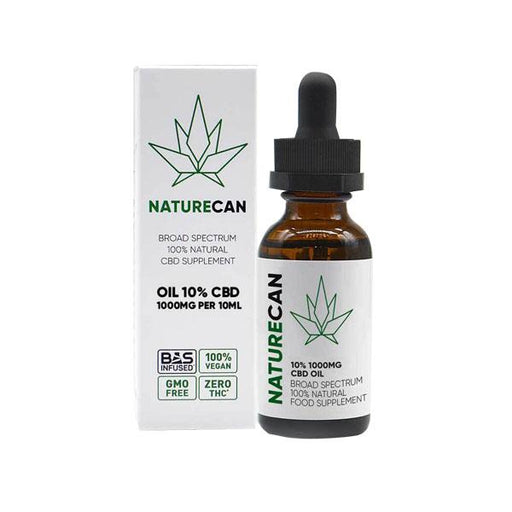
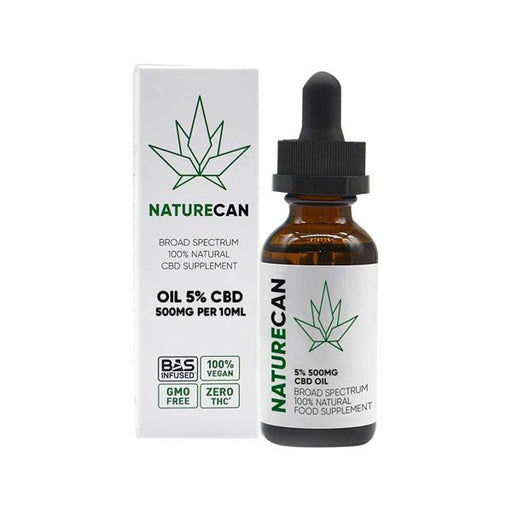


Leave a comment